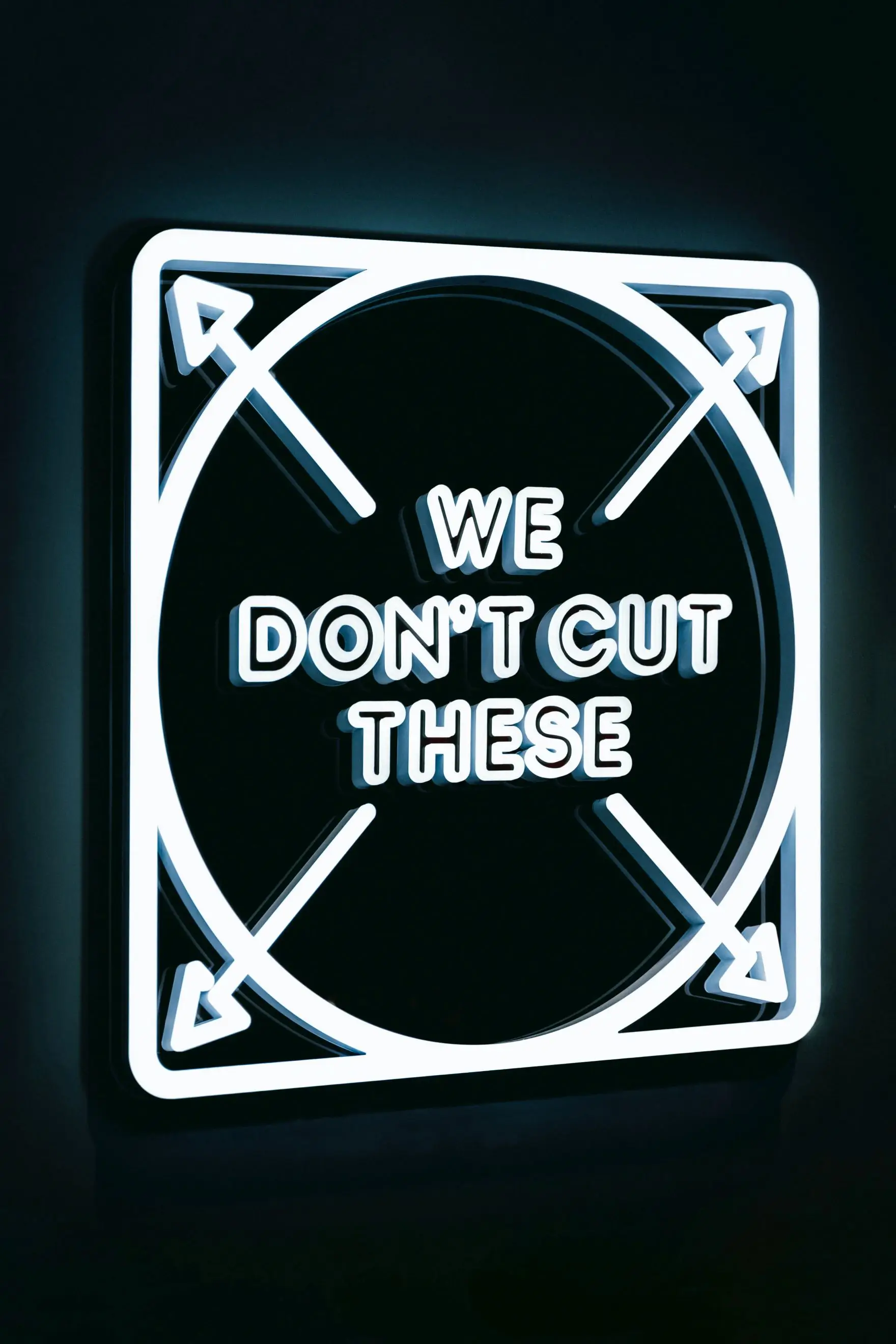Imagine picking up a vintage teacup at a flea market. The moment it becomes yours, a transformation occurs. Suddenly, that teacup isn't just a teacup; it's now an irreplaceable treasure.
This is the Endowment Effect, convincing us that what we own is somehow more valuable than identical items we don't possess.
It's the reason your well-worn sweater feels priceless to you, even if it's seen better days.
Emotional Connections
This psychological phenomenon taps into the core of human psychology. Ownership creates an emotional connection, weaving a sense of identity into the things we own. That old record player isn't just a gadget; it's a piece of your story. The Endowment Effect ensures it's accorded the value it holds in your personal narrative.
Everyday Examples
- Tea-Time Rituals
Consider a simple teapot on your shelf. Its value isn't just in its function; it's in the sense of belonging. The Endowment Effect tells you that this teapot is uniquely yours, adding a special touch to your daily rituals.
- Bookshelf Stories
Scan your bookshelf. That dog-eared novel? Its value extends beyond the narrative—it embodies the story of your late-night reading sessions and the coffee stains from lazy Sunday afternoons.
Why it is important
The endowment effect provides a potential avenue for marketers and sales professionals to enhance product sales by capitalizing on a sense of ownership or personal connection. Recognizing this bias empowers consumers to identify manipulative tactics, preventing inadvertent overspending.
Conversely, for individuals attempting to sell their belongings, such as a used car or concert ticket, the endowment effect may impede mutually beneficial deals. Unrealistically high prices, influenced by this psychological phenomenon, can deter potential buyers, resulting in significant opportunity costs over time.
While various explanations exist for the endowment effect, they all share a foundation in flawed logic. Loss aversion, for instance, concentrates excessively on the fear of losing something, neglecting the potential gains from selling it. Reference price theory suggests that individuals may resist selling an item for less than an unreasonably high price, driven by a fear of perceived loss. The mere ownership effect leads us to overvalue our possessions based on a false belief in their inherent superiority, stemming from our perception of personal excellence.
Breaking the Spell
In this interaction with possessions, awareness is our guiding light. Acknowledging the Endowment Effect allows us to look beyond the emotional attachment.
Whether in negotiation or decluttering, taking a moment to appreciate the item and then objectively assessing its value can help break the spell.
References
- Kahneman, D., Knetsch, J. L., & Thaler, R. H. (1990). Experimental Tests of the Endowment Effect and the Coase Theorem.
Where the endowment effect was introduced. It was published in the Journal of Political Economy.
- Knetsch, J. L. (1989). The endowment effect and evidence of nonreversible indifference curves.
Insights into the endowment effect and presents evidence of nonreversible indifference curves.
- List, J. A. (2003). Does market experience eliminate market anomalies?
Explores the persistence of the endowment effect and other anomalies in markets, examining whether experience in trading can eliminate these effects.







